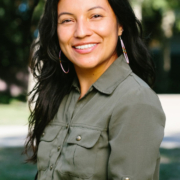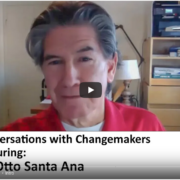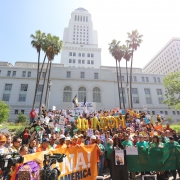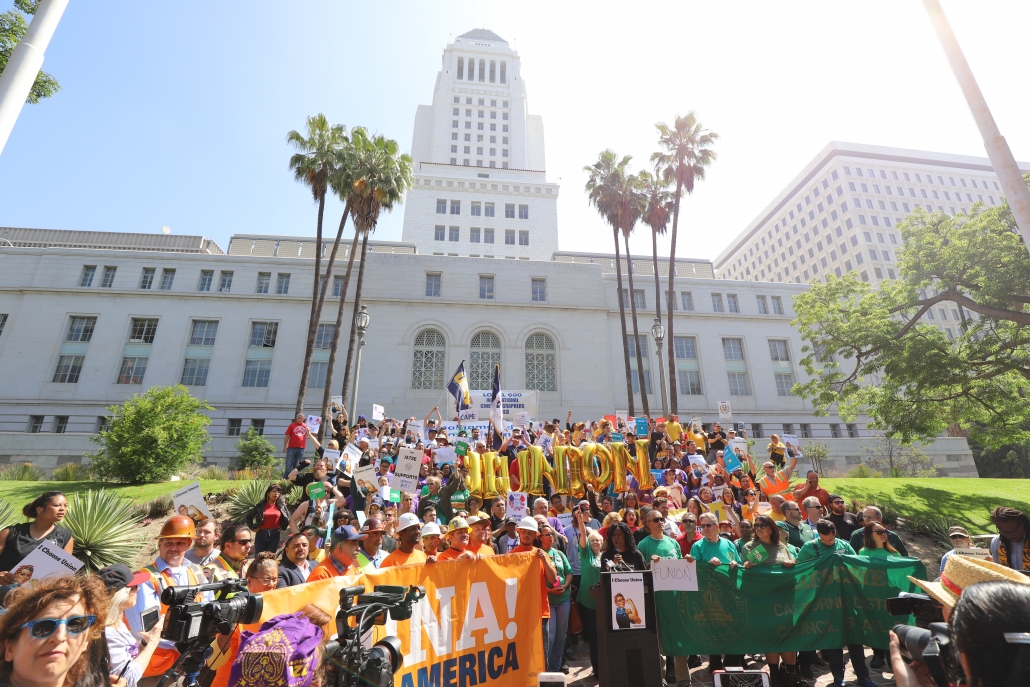I Testified for Affirmative Action, I’m Not Giving Up
By Itzel Vasquez-Rodriguez
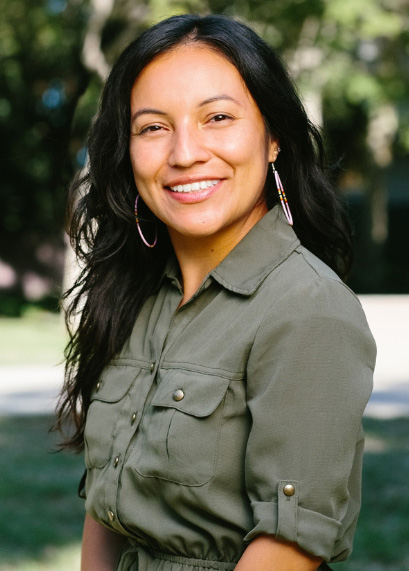
Itzel Vasquez-Rodriguez
My experience as a Harvard undergrad was enriched by my interactions and relationships with students from backgrounds different from my own. That formative experience is why I firmly believe all students should have the opportunity to learn in a diverse environment.
As a Mexican-American of Cora descent and MPP candidate at the UCLA Luskin School of Public Affairs, I am disappointed but not surprised by the Court’s shameful decision on affirmative action. I am intimately aware of how race and racism shape numerous aspects of our lives, regardless of whether the majority in the Supreme Court acknowledges this reality. I know my racial identity plays a crucial role in understanding who I am, how I am seen in this country and how my lived experience plays out. It is why I testified in support of race-conscious admissions in the Harvard case and am proud to have worked alongside exceptional leaders in the movement to protect affirmative action policies.
And without intentional action to undo historic injustices, racial and ethnic identity will continue to be used as a tool of division. This decision leaves that unchanged.
What the Court’s ruling does, however, is undermine efforts to take that intentional action – to create diverse campuses that bring people together in a way this nation needs more than ever.
Colleges and universities have a responsibility to foster equal opportunities and provide students with the advantages of a diverse learning environment. And the work they do to make their campuses more diverse not only makes their campuses better but they also improve the world their students are entering. California has set the blueprint over the last thirty years, showing there are countless tools that can be used to promote diversity. These include considering socioeconomic status, recruiting from affinity groups, and other targeted outreach.
After the last two terms, it is clear that this highly partisan Supreme Court is increasingly disconnected from the history and realities of this country, as well as from realities I shared in my testimony. This decision represents yet another blatant attempt to retain white supremacy.
This ruling also presents an opportunity for us to unite in solidarity, with institutes like UCLA LPPI and faculty experts who support BIPOC students, push for accountability and representation in all institutions and influence decision makers to advance opportunities for underrepresented students, we can’t lose.
To all the current and future students out there I have one piece of advice: don’t let this decision deter you. Apply to your dream schools. Tell your story and how your racial identity shaped you. Join affinity groups. And never be afraid to push for what is right.
Que sigue la lucha!

